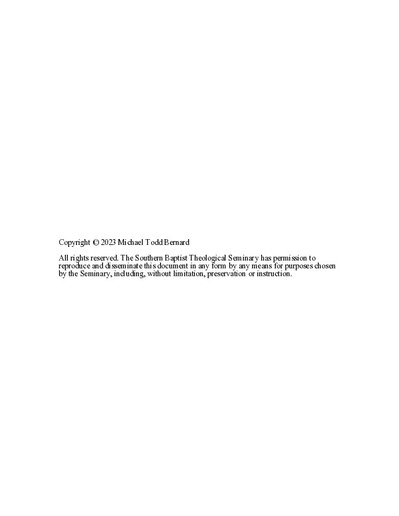The Black Church as Context for the Formation of Black Institutions of Higher Education: A Case Study of Simmons College
Subject
Simmons University (Louisville, Ky.)African Americans--Education (Higher)
African American churches
Abstract
African Americans have long been serious about education. Even when education was denied to black Americans through law, custom, and physical violence, blacks exerted relentless self-determination in the pursuit of literacy. The black church, because of its growth in size, power, and influence, became the logical institution for assisting blacks in their educational strivings, funding, and housing schools in the eighteenth and nineteenth centuries. Black churches also established historically black colleges. In Louisville, Kentucky, the founder of the first school for African Americans, Henry Adams, organized black church men from areas throughout the Commonwealth of Kentucky, to form the Kentucky Normal and Theological Institute, which has come to be known as Simmons College, the oldest historically black college in Kentucky.
The aim of the introductory chapter is to establish the foundation for the thesis by developing historical context, which involves the defining of black self-determination and the essentiality of the black church’s involvement in the education of African Americans. Chapter 2 reinforces the historical context of the thesis by previewing literature pertinent to the history of black academic pursuits, especially in the face of resistance. Chapter 3 narrows the focus of black education, examining the formation of Simmons College of Kentucky, a college established by black church leaders within Kentucky who formed an association of African American Baptists. Chapter 4 discusses the need for wise black academic leadership at historically black colleges such as Simmons College. Chapter 5 reflects on the preceding chapters and suggests that there is a sad divide between the intellectually wanting black church of the present and the black church’s intellectual spirit of the past.

